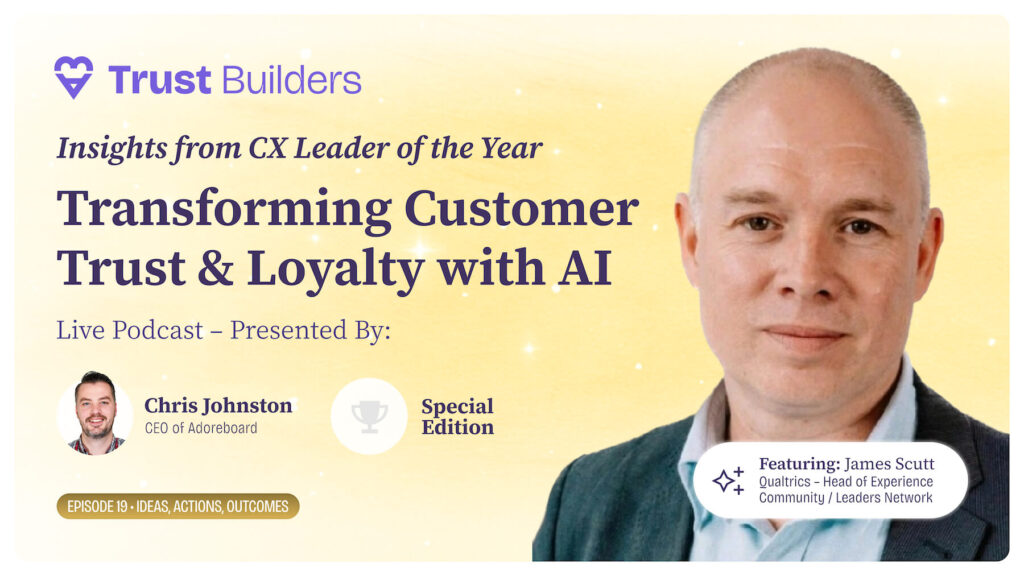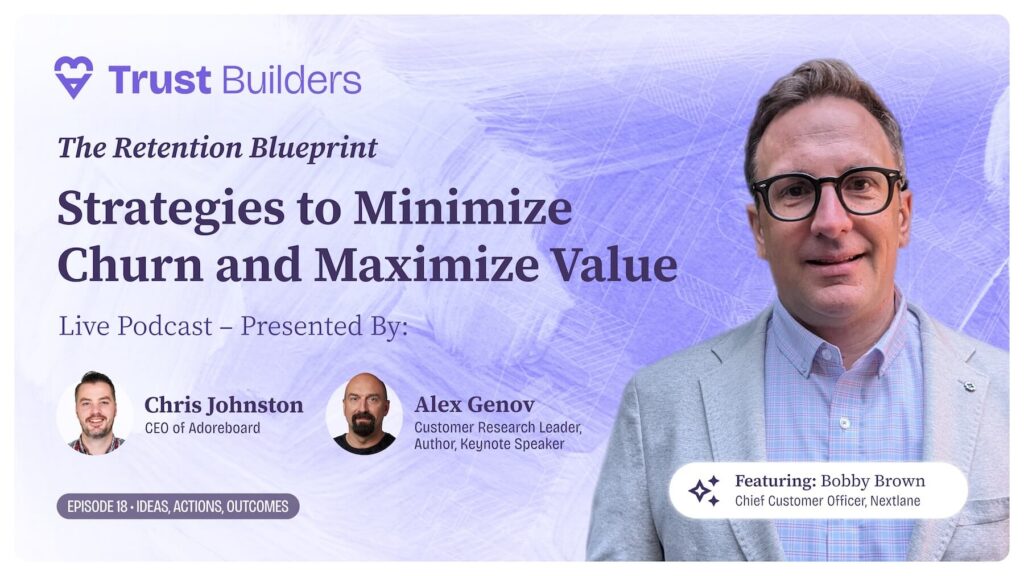
What is NPS?
NPS is a metric which measures customer experience and satisfaction. It works on an 11 point scale, ranging from 0-10, and gauges the likelihood of customers recommending a product, service, brand or company to others.
NPS Calculation
The NPS 11 point scale categorises individuals and classifies them into the groups ‘Detractors’, ‘Passives’, or ‘Promoters’ based on the score that they give. Those who score 9 or 10 are Promoters,7-8 are Passives and 0-6 are Detractors. The NPS score is calculated by subtracting the percentage of Promoter respondents by the percentage of Detractor respondents. In order to gather the data, NPS will ask a simple question to arrive at this essential insight, for example:
“How likely are you to recommend [product, service, brand, X] to a friend or colleague?”
From this calculation, NPS can add to a company’s ability to grow. They are able to identify the proportion of individuals who are satisfied or dissatisfied and, therefore, how likely they are to promote the subject in question.
A key part of NPS is identifying the likelihood of individuals promoting via word-of-mouth.
Essentially, if companies cultivate the subset of customers who would likely recommend their product, those customers will recommend the product to their friends. They will do so in ‘natural’ settings, such as lunch breaks and nights out. Recommendations such as these are likely to be taken more seriously than traditional advertising, given the authentic nature of the recommendation.
NPS data allows companies to quickly and cleanly establish how much effort is to be invested to grow a subset of customers. NPS is a widely used form data collection and evaluation, however research advocates that a collection of methods is advisable.
Where is it lacking?
NPS is useful to gauge the feelings of your customers, and their likelihood to promote your brand via word of mouth, however the data can be unreliable. NPS results cannot discern whether the individuals taking part in the survey are responding honestly or not. There is potential for disparity between detractor and promoter respondents answering the questions, i.e. it is open to manipulation.
NPS is difficult to translate; you may receive data which reveals whether individuals are satisfied or dissatisfied, however NPS does not always elicit context. NPS is a descriptive measure that offers limited insight into customer experience. NPS can be distorted and tied to something like employee performance. Whilst NPS tells you where your company stands today, it does not offer advice or insight into how you can change or progress (Goldman, 2009).
How Adoreboard go that extra mile
Adoreboard addresses the limitations of NPS and goes beyond the ‘what’ and into the ‘why’.
For example, NPS analyses customer tendency to recommend. When augmented with Adoreboard’s Emotics, the depth of analysis is becomes deeper. Adoreboard’s unique platform, Emotics, uses emotion analysis which gathers richer insights that can uncover the emotions and motivations driving consumers. Emotion analysis gives you the bigger picture. Essentially, Emotics captures the valuable information that NPS is unable to decipher.
The emotion analysis offered by Adoreboard allows for the identification of specific emotions and uncovers the themes driving consumer emotions. Our detailed analysis provides a concrete and focused approach to improving customer experience by identifying customer touchpoints and pain points. Furthermore, Adoreboard’s advanced analysis allows brands and business to get to know their customers and how they feel; Emotics identifies specific themes which drive emotions This way, the brand can pinpoint precise areas in which their customers are feeling joy, trust, sadness or apprehension, for example. Adoreboard understands the value of emotion, and our Emotics platform compliments and advances NPS data for more accurate results. Emotics transforms the emotions of customers into decision-ready insights that benefit the experiences of both business and consumer.
In an era of big data, increased complexity and activist consumers, it is quintessential that the matrices used are as detailed and multifaceted as the phenomena they claim to measure. And delivered now. Not next quarter.




